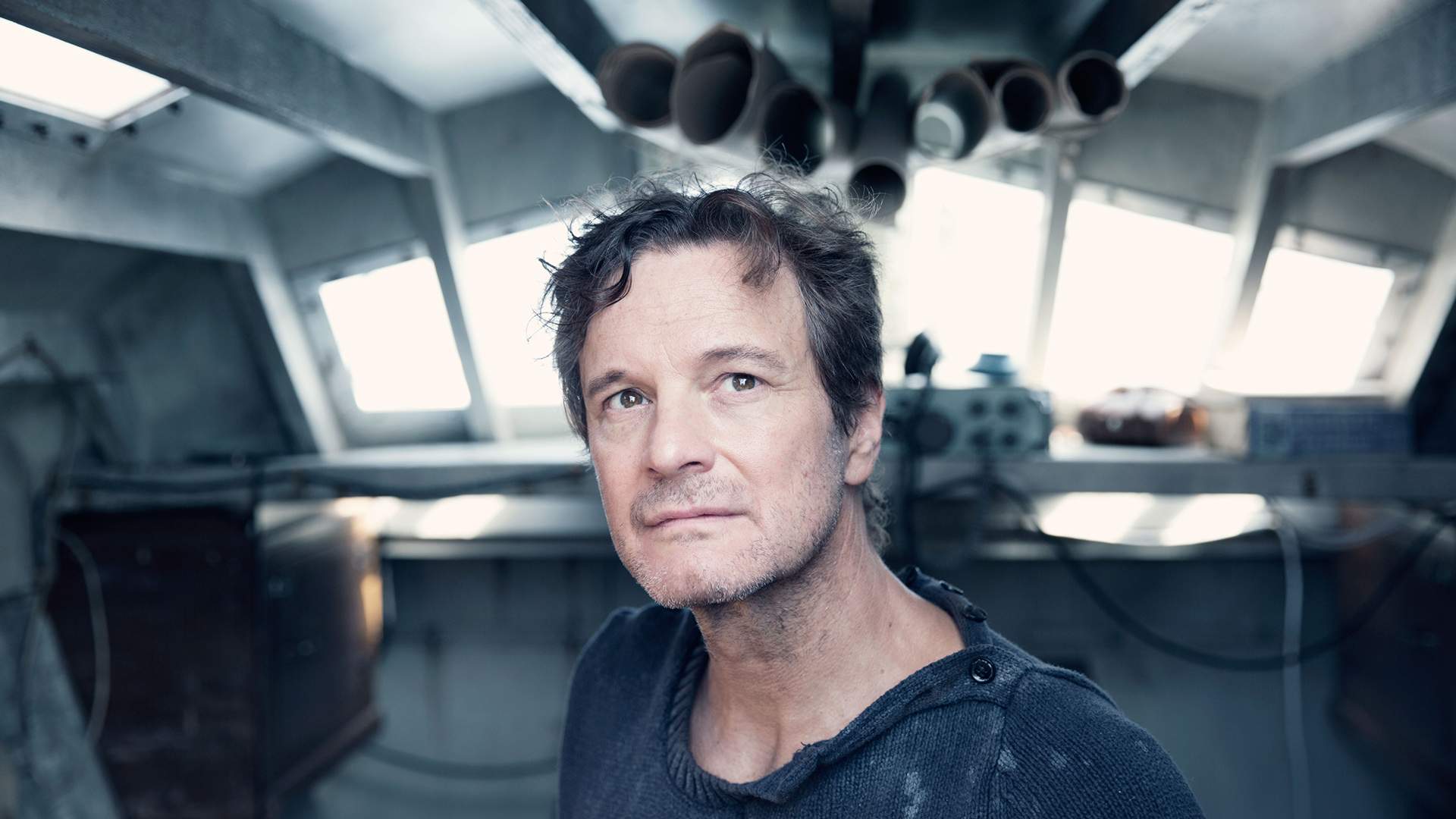The Mercy
This dramatic true story is a film of two halves, but there's enough that works to keep it afloat.
Overview
There's no simple, obvious or clear-cut way to approach the story of Donald Crowhurst. An amateur British sailor who tried to circumnavigate the globe for publicity and prize money, his is a tale so strange that it can only be true. For those unfamiliar with the 50-year-old saga, Crowhurst jumped from selling homemade navigational equipment to sailing around the world as part of a lucrative 1968 contest. Participants were required to complete their voyage alone and without making any stops — something that, at the time, had never been done before.
Setting off with virtually no experience on a barely seaworthy boat that he'd designed himself, Crowhurst unsurprisingly ventured straight into troubled waters — and made many questionable decisions once he got there. As a quest for fame and glory, his efforts smack of misplaced hubris. At the same time, with a struggling business to his name and a family to support, he was facing considerable financial pressures both before and after he committed to the trip. His need to win the race, and the £5,000 cash that came with it, was sparked by more than just a desire to stroke his own ego.
With Colin Firth taking on the role of Crowhurst, Rachel Weisz co-starring as his wife Clare, and David Thewlis popping up as the pushy publicist keen to sell the story (and embellish it where needed), The Mercy endeavours to depict both sides of its protagonist. The film chronicles the bluster and bravado that undeniably drove Crowhurst's fateful actions, while also exploring the pain and pressure behind them. The details are not only fascinating, infuriating and heartbreaking, but also incredibly complex. Still, just like sailing the seven seas solo, communicating all of that on screen is a hard task to master.
No stranger to the real-life plights of obsessive men determined to succeed, director James Marsh (Man on Wire, The Theory of Everything) turns The Mercy into two films in one; a plucky underdog adventure crashing into an All Is Lost-style survivalist epic. Both have their merits, but they don't quite fit together — like much of Crowhurst's vessel, appropriately. While it's easy to admire the efforts of Marsh and screenwriter Scott Z. Burns (Contagion) to offer a well-rounded account, the first half of the movie often feels like it's just ticking as many melodramatic boxes as it can. Instead, the film hits its stride when it leans into the drama of the voyage itself, flitting between Crowhurst's escalating struggles at sea and Clare's own troubles at home.
It's these later scenes that showcase Marsh's versatility, as set to a well-pitched score by the late composer Jóhann Jóhannsson (Arrival). With the assistance of cinematographer Eric Gautier (Into the Wild), the filmmaker finds visually expressive ways to convey the physical perils and emotional stresses faced by Crowhurst, while handling Clare's efforts to keep afloat (economically rather than literally) with a suitably reserved yet resonant air. In the process, he also showcases Firth and Weisz's adaptability, whether transitioning from eager to regretful and afraid, or from supportive to strong in the face of tragedy. Firth, understandably, gets more of a chance to shine than Weisz, but their respective character arcs prove equally compelling and convincing.







